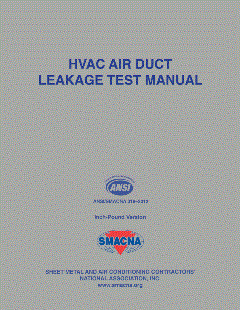The Department of the Treasury and IRS have issued additional information about two key pieces of recent federal stimulus efforts designed to help small businesses during the coronavirus crisis.
The Small Business Paycheck Protection Program’s objective is to provide up to two months’ payroll and benefit expenses for small businesses, which can also put up to 25 percent of the funds toward interest on mortgages, rent, and utilities.
According to the Treasury overview, these U.S. Small Business Administration loans will be entirely forgiven for any “employer maintaining or quickly rehiring employees and maintaining salary levels. Forgiveness will be reduced if full-time headcount declines, or if salaries and wages decrease.”
Otherwise, payments on the loan would begin six months after funds are distributed. Treasury states that businesses will owe no extra fees to either the government or the SBA-backed lender.
Small businesses may apply starting via any existing SBA 7(a) lender or federally insured credit union starting April 3, with self-employed individuals eligible to apply one week later.
Review more information from Treasury and the two-page application here.
Another stimulus component is the Employee Retention Credit. This program is intended for businesses who have to fully or partially suspend operation in response to government orders related to COVID-19, but also for businesses that “experience a significant decline in gross receipts during the calendar quarter.”
IRS guidance describes it as a “fully refundable tax credit for employers equal to 50 percent of qualified wages that Eligible Employees pay their employees,” for any wages paid after March 12.
Given the time-sensitive nature of the crisis for HVAC contractors and these efforts, IRS guidance points out option surrounding this credit. “In anticipation of receiving the credits, Eligible Employers can fund qualified wages by accessing federal employment taxes, including withheld taxes, that are required to be deposited with the IRS or by requesting an advance of the credit from the IRS.”
Interested contractors should consult a tax professional for additional details or advice about claiming this tax credit. Contractors may also read more about recent federal stimulus efforts and tax modifications.
Submit a press release here!










